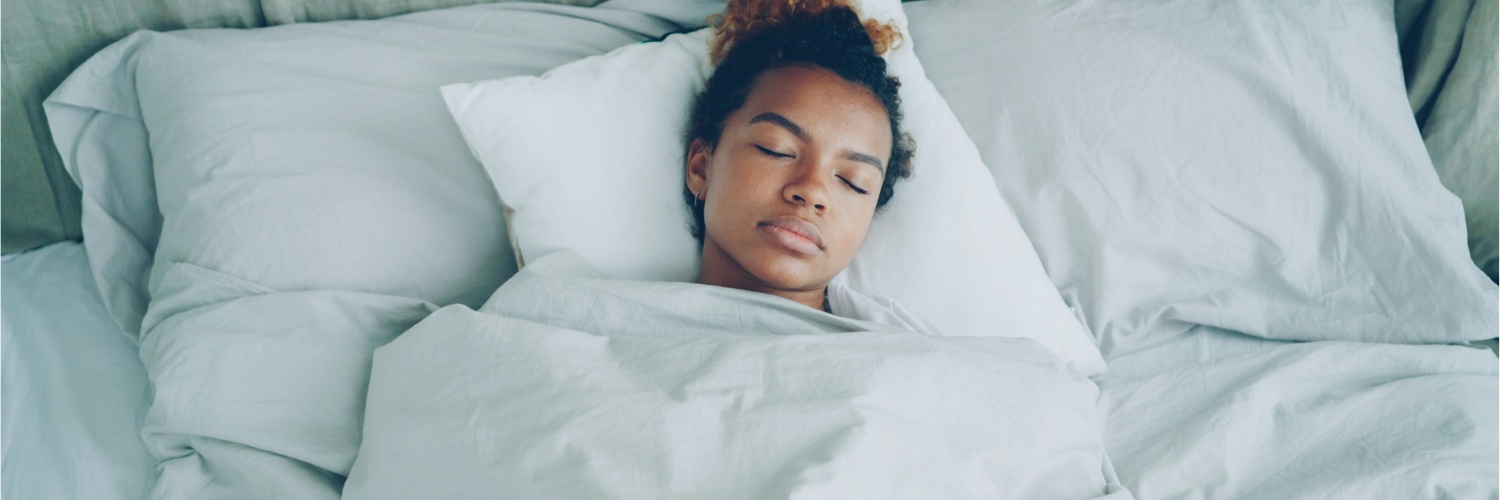Health and Wellness
Unlocking Better Sleep: Science-Backed Strategies for a Restful Night

Sleep is the most essential component of our lives. It is what makes or breaks our entire day. If you’re waking up tired and relying on caffeine to get through the day or struggling to unwind at night, you’re not alone. Fortunately for you, there are science back strategies to help you achieve REM sleep.
Just clocking in eight hours doesn’t mean you are getting good sleep, it’s about the quality of those hours and how consistent your routine is.
What Makes a Good Night’s Sleep?
A restful night is about more than just clocking in hours of shut eye. Most adults need 7–9 hours of sleep each night but simply hitting that number doesn’t guarantee quality rest. Signs of poor sleep include frequent awakenings, feeling sluggish during the day, or relying on caffeine and other stimulants just to stay alert.
Sleep is not just downtime for your body. During sleep, your brain consolidates memories, your muscles repair, and your immune system strengthens. Consistently missing out on quality rest can lead to fatigue, reduced focus, weakened immunity, and even long-term health risks such as heart disease and diabetes.
Tips for Better Sleep
1. Stick to a Sleep Schedule
Go to bed and wake up at the same time every day, even on weekends. Consistency helps regulate your internal clock, making it easier to fall asleep and wake up refreshed.
2. Create a Relaxing Bedtime Routine
Wind down with calming activities such as reading, gentle stretching, or deep breathing. Avoid stimulating tasks like checking emails or scrolling through social media.
3. Limit Caffeine and Alcohol
Both caffeine and alcohol can disrupt your natural sleep cycle. Aim to avoid caffeine after mid-afternoon and keep alcohol intake moderate, especially before bedtime.
4. Optimize Your Sleep Environment
Keep your bedroom cool, dark, and quiet. Invest in a comfortable mattress and pillow and remove distractions like TVs or bright electronic devices.
5. Move Your Body
Regular physical activity promotes deeper, more restorative sleep. Just avoid vigorous exercise too close to bedtime, as it may keep you energized instead of relaxed.
6. Manage Stress Levels
High stress and anxiety often interfere with rest. Practices like journaling, meditation, or yoga can help calm your mind before sleep.
When to Seek Help
If you consistently struggle with falling asleep, staying asleep, or feel excessively tired during the day, it may be time to consult a healthcare provider. Conditions like sleep apnea, insomnia, or restless legs syndrome could be affecting your rest.
Conclusion
Better sleep doesn’t happen overnight, it’s the result of consistent, intentional habits. By creating a healthy bedtime routine, optimizing your environment, and listening to your body, you can enjoy restful nights that fuel better days.
Tags:
Health BenefitsSleep HygieneStress ManagementAuthor - Vishwa Prasad
Vishwa is a writer with a passion for crafting clear, engaging, and SEO-friendly content that connects with readers and drives results. He enjoys exploring business and tech-related insights through his writing.





